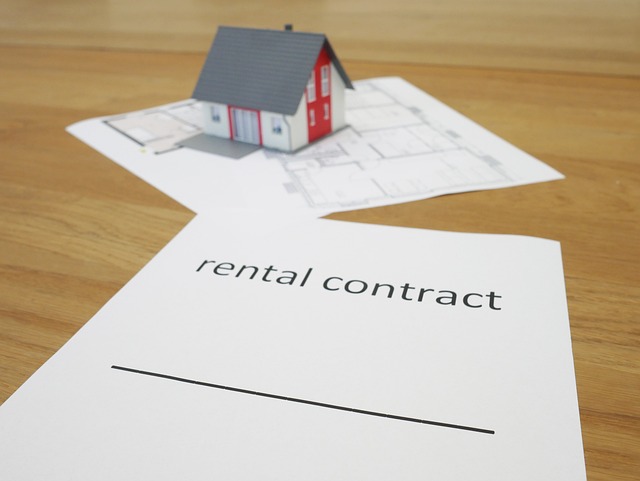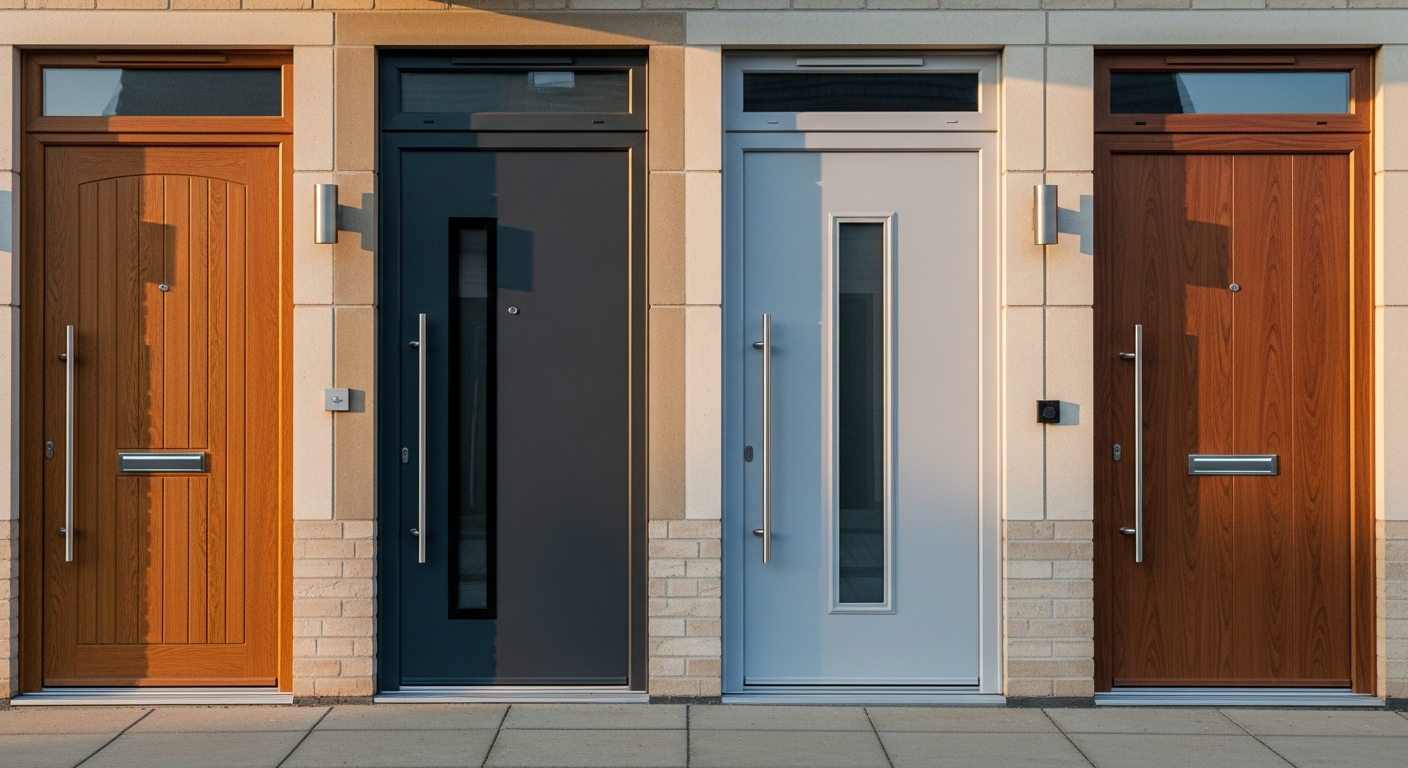Looking for Apartments Without a Deposit? Your Guide to Finding Suitable Options
Searching for an apartment can be challenging, especially when you're on a tight budget. No deposit apartments provide an alternative for renters aiming to reduce upfront costs. This guide will help you understand what no deposit apartments are, their advantages, and how to find options that fit your needs.

The rental market has evolved to offer more flexible options for tenants who struggle with large upfront costs. No deposit apartments represent a growing trend that addresses one of the biggest barriers to securing rental housing. These arrangements can make the difference between finding suitable accommodation and being priced out of desirable neighborhoods.
What Are No Deposit Apartments and How Do They Work?
No deposit apartments eliminate or significantly reduce the traditional security deposit requirement through alternative arrangements. Instead of paying a lump sum equivalent to one or two months’ rent upfront, tenants might pay a smaller monthly fee, purchase rental insurance, or provide alternative forms of security. Some landlords partner with third-party companies that guarantee rent payments, while others use comprehensive tenant screening to reduce risk. These arrangements often involve monthly surcharge fees ranging from $25 to $100, depending on the rental value and local market conditions.
What Are the Advantages of Renting a No Deposit Apartment?
The primary advantage is immediate financial relief during the moving process. Traditional deposits can cost $1,000 to $3,000 or more, creating substantial barriers for many renters. No deposit options allow tenants to allocate funds toward moving expenses, furniture, or emergency savings instead. These arrangements particularly benefit young professionals, students, or anyone rebuilding after financial setbacks. Additionally, some no deposit programs offer faster application processing and approval times, helping tenants secure housing in competitive markets where speed matters.
Where Can You Find No Deposit Apartments?
No deposit apartments are increasingly available through various channels. Large apartment management companies often offer these programs as standard options across their properties. Online rental platforms frequently feature filters for no deposit or low deposit listings. Corporate housing providers and extended-stay facilities commonly offer deposit alternatives for business travelers and temporary residents. Some cities have nonprofit organizations that help connect qualified renters with deposit-free housing options. University towns often have landlords who specialize in student-friendly rental terms including reduced deposit requirements.
| Provider Type | Services Offered | Cost Estimation |
|---|---|---|
| Rhino | Deposit replacement insurance | $5-19 monthly |
| TheGuarantors | Lease guaranty services | 2-8% of annual rent |
| LeaseLock | Security deposit alternative | $12-49 monthly |
| Jetty | Deposit-free rentals | 4.5-17.5% of deposit amount annually |
| Obligo | Credit-based deposit replacement | No upfront cost, liability only |
Prices, rates, or cost estimates mentioned in this article are based on the latest available information but may change over time. Independent research is advised before making financial decisions.
What Should You Consider Before Choosing a No Deposit Apartment?
While no deposit options provide immediate benefits, careful evaluation is essential. Monthly fees can add up significantly over a lease term, sometimes exceeding what a traditional deposit would cost. Read all terms carefully to understand your financial obligations and liability limits. Some programs may not cover the same damages that traditional deposits would, potentially leaving you responsible for repair costs. Credit requirements for no deposit apartments are often stricter, as landlords seek alternative assurances of payment reliability. Consider whether the long-term costs align with your budget and housing goals.
What Are Some Tips for Securing a No Deposit Apartment?
Successful applications for no deposit apartments require strategic preparation. Maintain strong credit scores and gather comprehensive financial documentation to demonstrate reliability. Apply quickly when suitable properties become available, as these options often attract multiple interested renters. Be prepared to provide additional references or proof of income beyond standard requirements. Consider working with rental agents who specialize in alternative deposit arrangements and understand various program options. Research the reputation and reliability of third-party companies involved in deposit replacement services before committing to their programs.
No deposit apartments represent a valuable option for renters seeking to minimize upfront costs while securing quality housing. By understanding how these programs work and carefully evaluating the terms, you can make informed decisions that support your housing and financial goals. The key is balancing immediate savings with long-term costs while ensuring you choose reputable providers and understand all obligations involved in these alternative arrangements.




